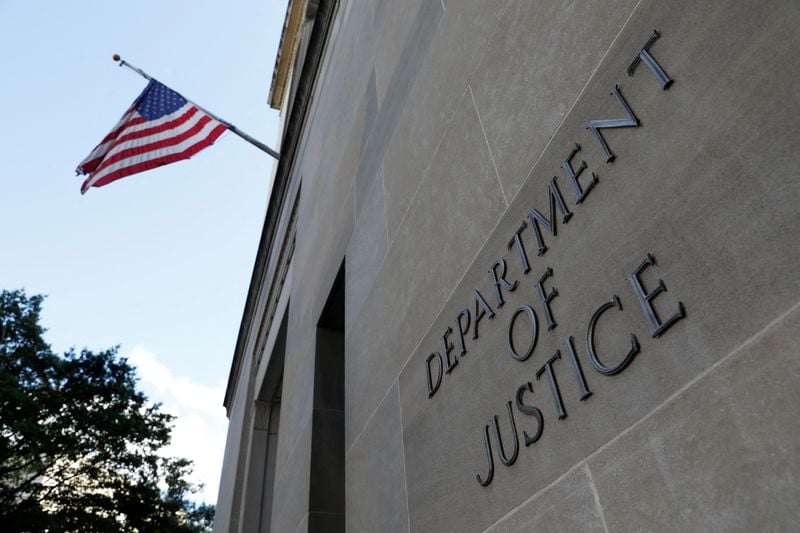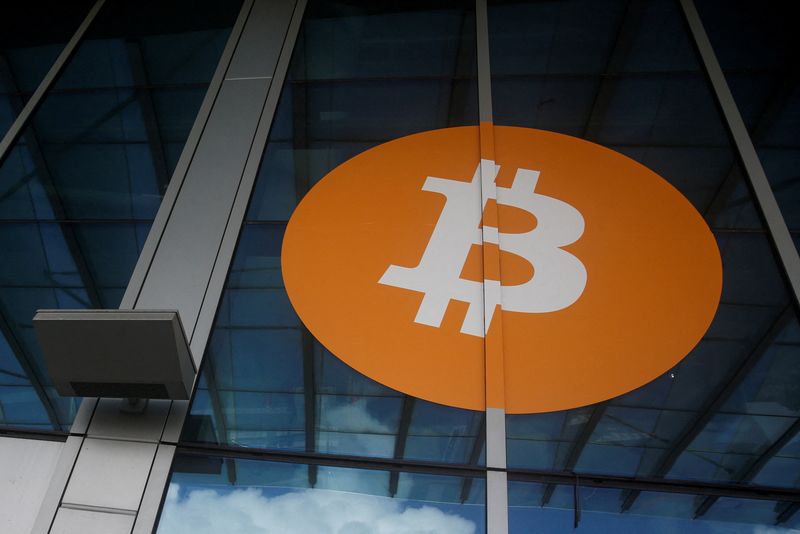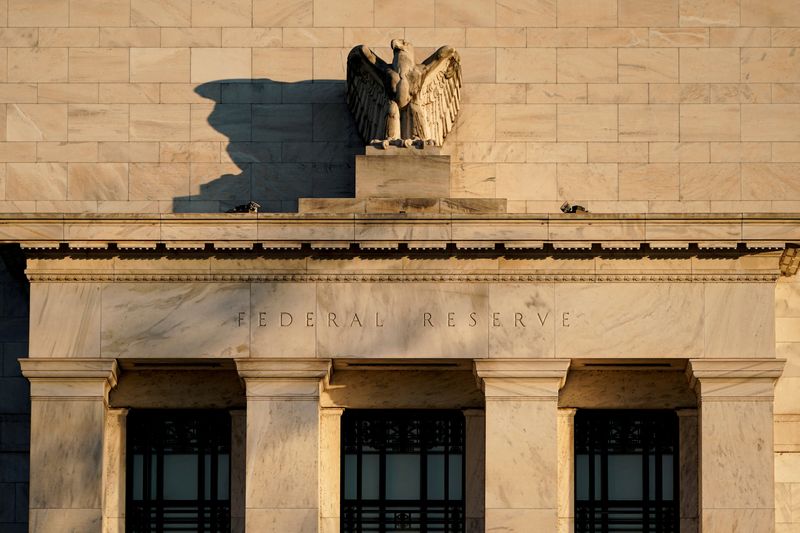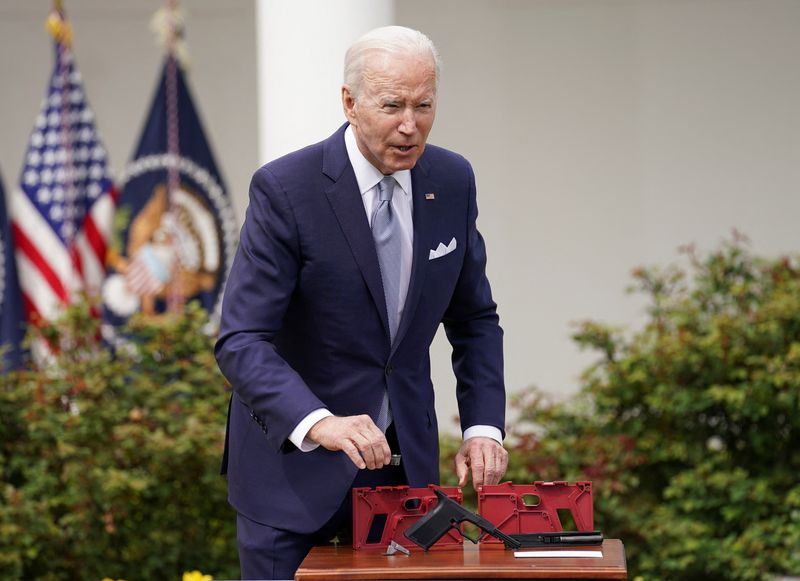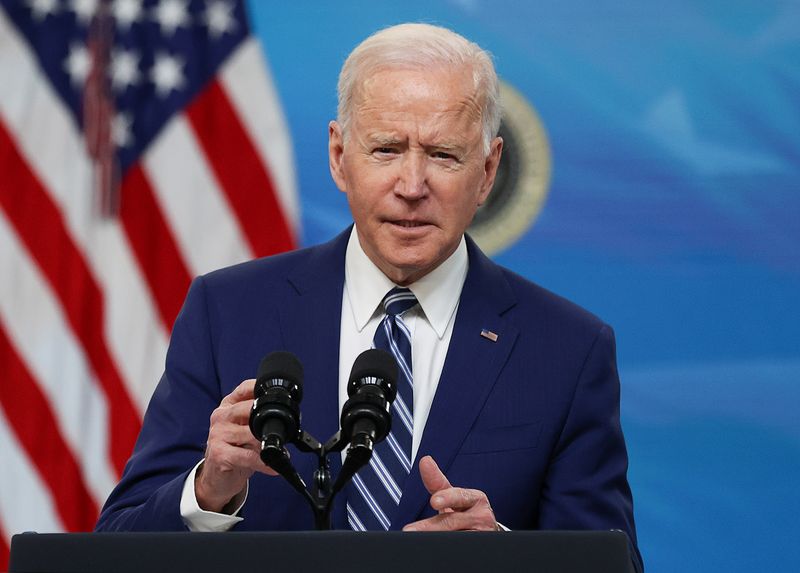HUNTINGTON, W.Va. – A Huntington man pleaded guilty today to being a felon in possession of a firearm.
According to court documents and statements made in court, on December 30, 2021, officers with the Huntington Police Department observed a vehicle at the 3rd Avenue Speedway. The officers observed the driver and a passenger of the vehicle smoking marijuana.
The passenger, Jonathan Lee Sturkey, 37, was asked to step out of the vehicle. Sturkey admitted to the officers that he had a firearm. Officers retrieved a Smith & Wesson .38-caliber revolver from Sturkey’s left coat pocket. Sturkey was aware that he was prohibited from possessing a firearm because of his 2011 felony drug conviction in U.S. District Court for the Southern District of West Virginia.
Sturkey is scheduled to be sentenced on July 18, 2022, and faces up to 10 years in prison.
United States Attorney Will Thompson made the announcement and commended the Huntington Police Department for conducting the investigation.
United States District Judge Robert C. Chambers presided over the hearing. Assistant United States Attorney Stephanie S. Taylor is prosecuting the case.
Ad: Save every day with Amazon Deals: Check out today's daily deals on Amazon.
This case is part of Project Safe Neighborhoods (PSN), the centerpiece of the Department of Justice’s violent crime reduction efforts. PSN is an evidence-based program proven to be effective at reducing violent crime. Through PSN, a broad spectrum of stakeholders work together to identify the most pressing violent crime problems in the community and develop comprehensive solutions to address them. As part of this strategy, PSN focuses enforcement efforts on the most violent offenders and partners with locally based prevention and reentry programs for lasting reductions in crime.
A copy of this press release is located on the website of the U.S. Attorney’s Office for the Southern District of West Virginia. Related court documents and information can be found on PACER by searching for Case No. 3:22-cr-21.
###
